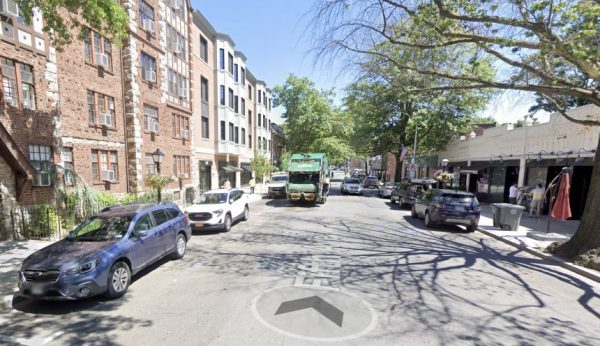
Pointing to a residential crisis in the region, the Village of Pelham Board of Trustees on Sept. 10 committed itself to promoting the construction of multifamily and affordable housing by streamlining the permitting process and “enacting policies that encourage a broad range” of development.
By resolution, the board unanimously approved the state-authored Pro-Housing Communities Pledge. In the resolution, the board said, “We believe that every community must do their part to contribute to housing growth and benefit from the positive impacts a healthy housing market brings to communities.”
“Supporting housing production of all kinds in our community will bring multiple benefits, including increasing housing access and choices for current and future residents, providing integrated accessible housing options that meet the needs of people with sensory and mobility disabilities, bringing economic opportunities and vitality to our communities and allowing workers at all levels to improve their quality of life through living closer to their employment opportunities,” the document said.
In the resolution, the board listed five steps it plans to take:
- Streamlining permitting for multifamily housing, affordable housing, accessible housing, accessory dwelling units and supporting housing.
- Adopting policies that affirmatively further fair housing.
- Incorporating regional housing needs into planning decisions.
- Increasing development capacity for residential uses.
- Enacting policies that encourage a broad range of housing development, including multifamily housing, affordable housing, accessible housing, accessory dwelling units and supporting housing.
While state grants weren’t mentioned in the resolution, Mayor Chance Mullen said during the meeting one reason the board adopted the pledge was so the village can access such funding.
There are eight programs run by the New York State Department of Homes and Community Renewal (HCR) that offer municipalities funding if they are certified as Pro-Housing Communities. Adopting the pledge is one way the village can receive certification, according to the HCR website.
Mullen said he hopes other grant programs will be made available to localities that are certified. By approving the pledge, the village will also gain preferential status for funding, such as being able to apply for the Downtown Revitalization Initiative grant again after receiving that money two years ago, he said.
Existing Buildings Need Renovation
In an interview, Mullen said he wants to see more affordable housing options in Pelham and also have some of the state grant money help fund the village’s overhaul of its storm sewer system. He also called on the state to provide assistance for existing buildings that need upgrades.
“The other issue is that some of our older and affordable apartment buildings are getting to a point where they need to be renovated,” said Mullen. “The current rent coming in will not pay for those changes. Then the property owner will sell it to someone else and raise the prices. My hope is that the state will focus on existing housing too and not forget that if we build a building, we can get a couple of units of affordable housing, but if a building down the street gets flipped, we may lose 30 units of affordable housing. We can’t keep up with that. If the state would put significant resources into existing housing so that [the owner] can do the work that it needs without increased rents, that would be very helpful.”
Mullen said adoption of the pledge was not related to the situation faced by the Community Church of the Pelhams, which in August scheduled and then cancelled an informational call on a possible sale of the church after two plans to renovate the building fell through. One proposal included constructing a 30-unit apartment building on the property and was vocally opposed by many in the Pelhamwood neighborhood.
Any new zoning for the church property would need to go through the village board, but Mullen said the trustees would only rezone the land if it would “benefit the community.”
The mayor said the development of the bulk of the units described in step one of the pledge—which calls for streamlined permitting—would need to fit into the village’s comprehensive plan. That has not been updated since 2008. He said he expected the comprehensive plan will be worked on within the next year.
- The village boards and the town council make decisions that affect Pelham’s residents. The Pelham Examiner brings the discussions, the policies and the votes that impact taxes and neighborhoods. Donate to support our nonprofit community newspaper.



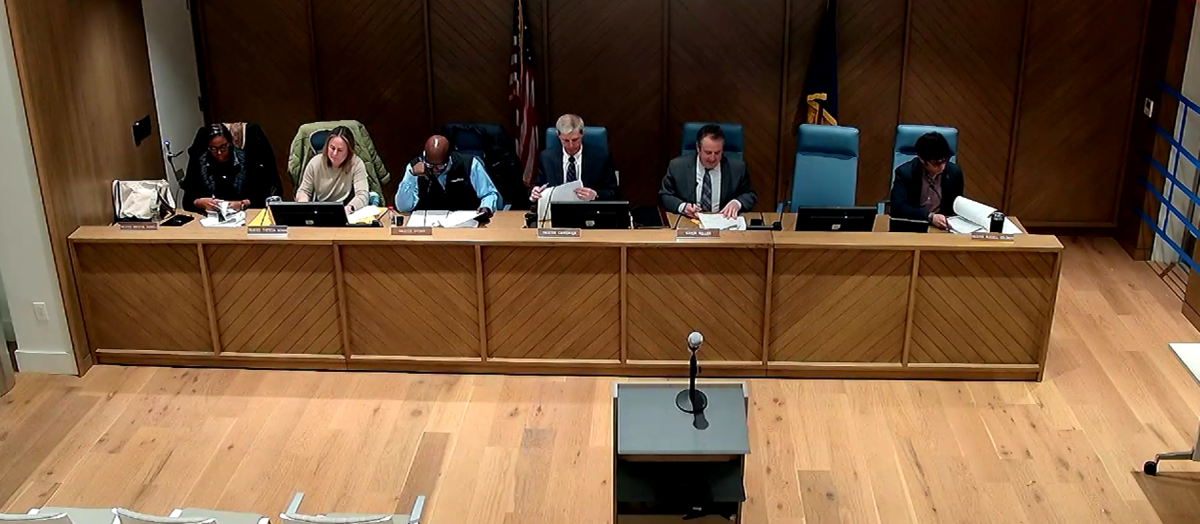
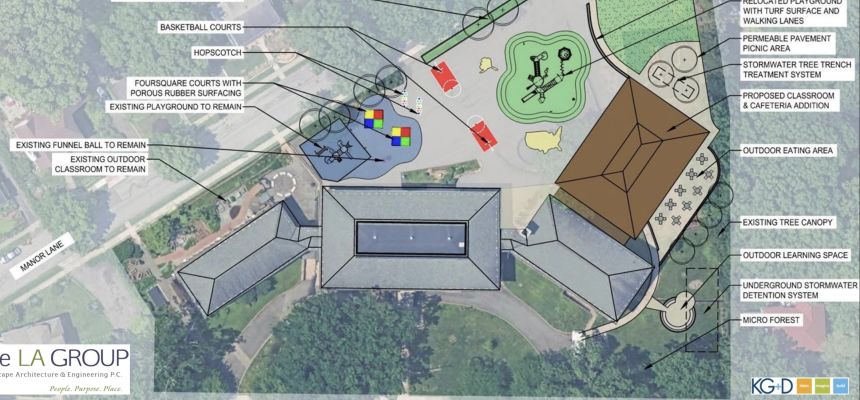
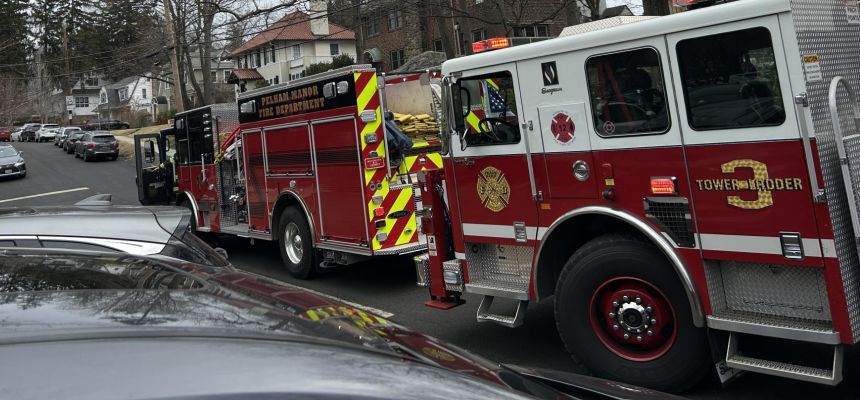

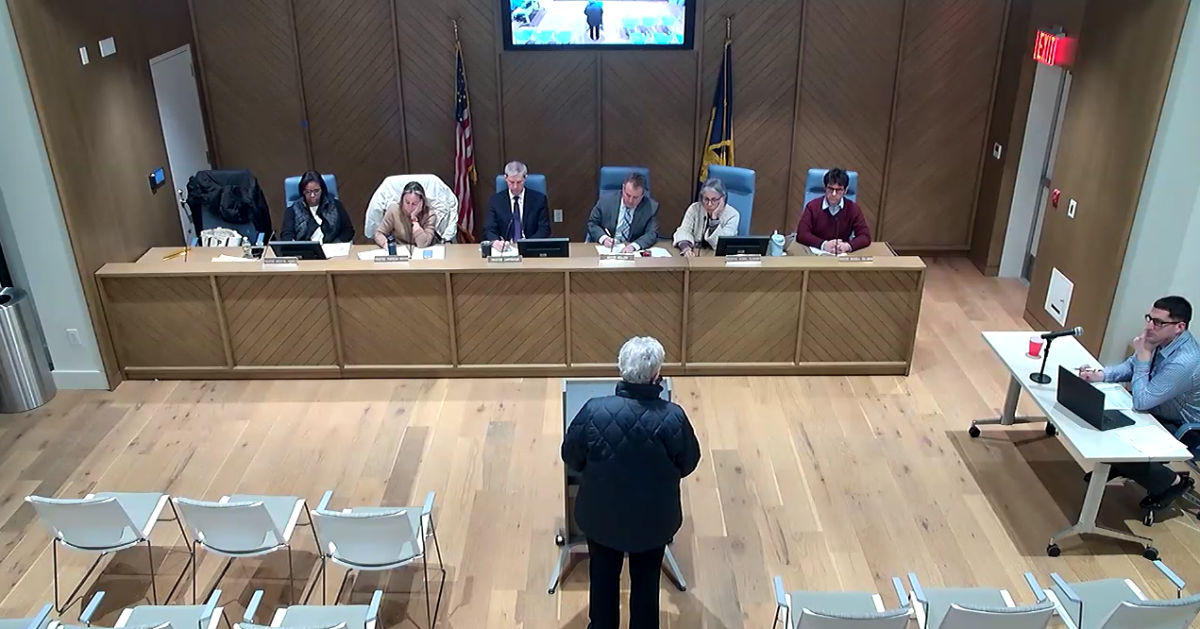
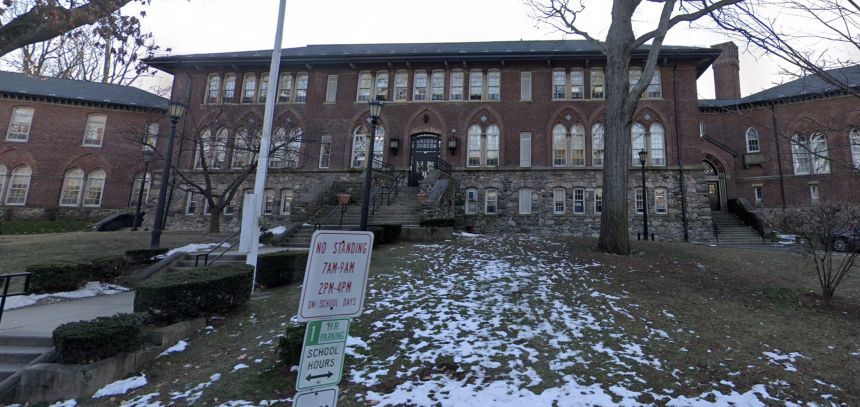




Natali Wind • Sep 25, 2024 at 7:06 pm
Making new housing affordable (if it’s truly affordable and not just in comparison to some of Pelham/Pelham Manor’s very expensive homes) that would be great, but making existing housing more affordable would be great too. Our taxes are out of control.